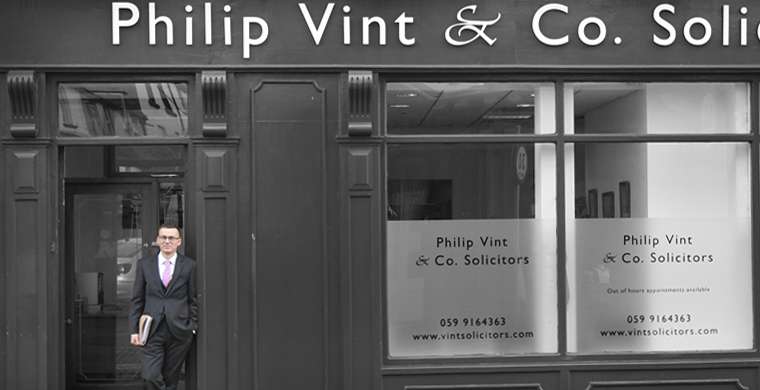Mediation can solve an almost impossible situation. So how does it work? If both parties agree to mediation, one of them can write into a mediator asking him if he is prepared to act. He will then usually write to both parties requesting a written summary of the case, copies of supporting documents and a signed copy of his agreement to mediate. Fees are set out and a mediation date is set.
The mediation will often take place on neutral territory such as in a hotel meeting room.
There are 4 essential pillars to mediation which are established at the start of any mediation process. They are that a mediation is voluntary, impartial, confidential and self determined; it is useful to outline these a little further. ‘Voluntary’ means that the parties are attending of their own free will. ‘Impartial’ means that a mediator will not take sides. ‘Confidential’ means that nothing that is said in the mediation can be referred to later unless the parties consent. Even the mediator’s notes will be shredded after a mediation has concluded. ‘Self determined’ means that it is the parties who determine the outcome of mediation.
In terms of the process, each party will have uninterrupted time to say what the issues are and the mediator will then summarise this back. There is then a discussion and parties are encouraged to look at options and solutions. It is possible that the mediator will meet each party in private during the mediation.
The key to a mediation is getting beyond positions and drilling down as to what is really going on. This can be thought of as the iceberg in which only the positions are apparent, ‘I will not’, ‘I will never’ etc and getting to true interests below the surface, ‘what is important’, ‘what is the impact’ etc. Once interests can be identified the parties will find solutions far more easily.
If agreement is reached, the parties can decide themselves whether to commit this to a written binding agreement.
Mediation can go where litigation cannot tread; it can be creative and indeed solve the almost impossible.
(c) Philip Vint & Co Solicitors 2019

